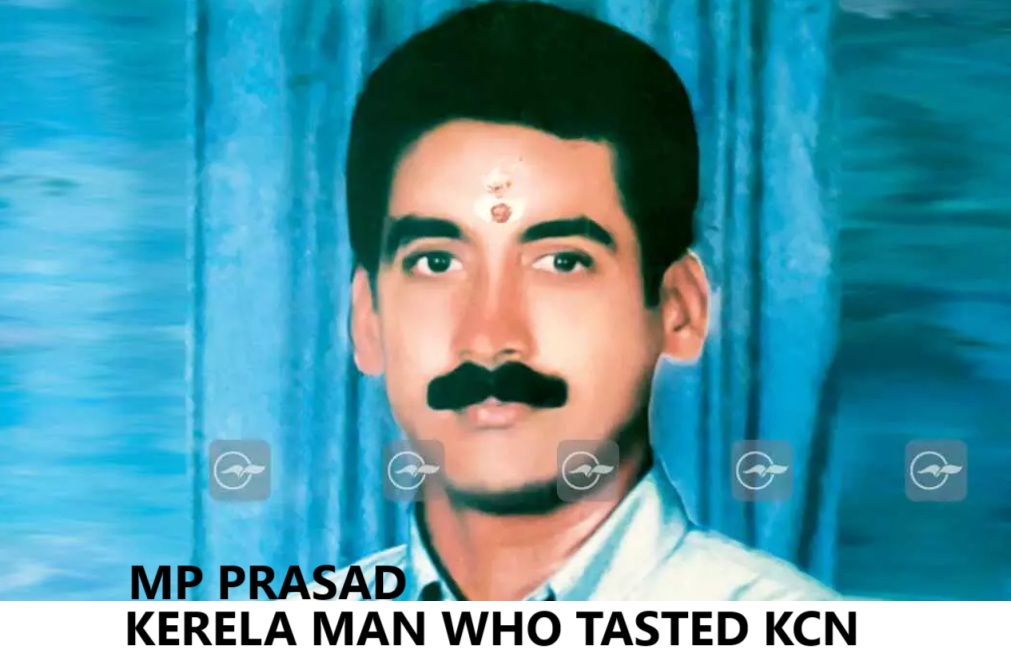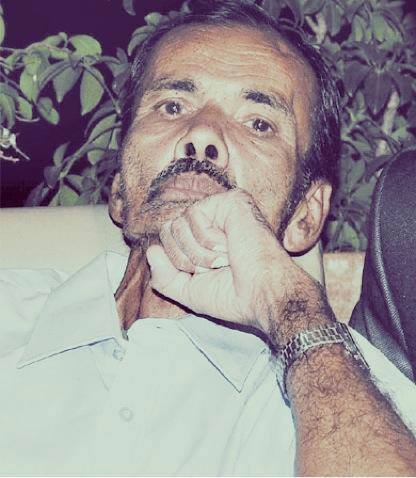
Gangtok, Aug 1 : For decades, the taste of cyanide was a mystery, a deadly secret no one dared to uncover. But in 2006, a 32-year-old goldsmith from Kerala, India, unintentionally became the first person to record his experience, leaving behind a note that would later contribute to the scientific understanding of the poison.
KCN is a highly toxic and rapidly fatal substance. It is a chemical asphyxiant that interferes with the body’s ability to use oxygen. Ingesting even a small amount can be lethal. Due to its extreme toxicity and swift effects, its taste has not been reliably documented in a clinical setting.

M.P. Prasad, from Ernakulam, was a man whose life had unraveled due to financial hardship and deceit. After being swindled by con artists from Rajasthan, he found himself burdened with debt and despair. On June 17, 2006, in a hotel room in Palakkad, Prasad decided to end his life. His suicide note, however, became more than just a farewell—it became a historical document.
In a poignant section of the note addressed to doctors, Prasad detailed his experience. He wrote, “I have tasted potassium cyanide. It’s a very slow, burning sensation at first. The tongue stings. It’s harsh. Very bitter.” This chilling description led the scientific community to officially define the taste of cyanide as an “acrid taste with a burning sensation.”
The post-mortem report revealed a tragic twist to the story. Dr. P.B. Gujaral of the Palakkad District Hospital discovered that Prasad had not ingested the cyanide directly. Instead, a minuscule amount—just one to two milligrams—had entered his body through a pen he used to write the note, which had been previously used to try to dissolve the poison. It was this tiny, accidental exposure that gave him the fleeting, yet profound, taste that he documented.
Prasad’s tragic story faded into obscurity until it was resurrected 15 years later in Benjamin Labatut’s book, “When We Cease to Understand the World,” which was shortlisted for the 2021 Booker Prize. Today, M.P. Prasad is remembered not just for his death, but for his unexpected contribution to science—a final, bitter gift to the world he left behind.






